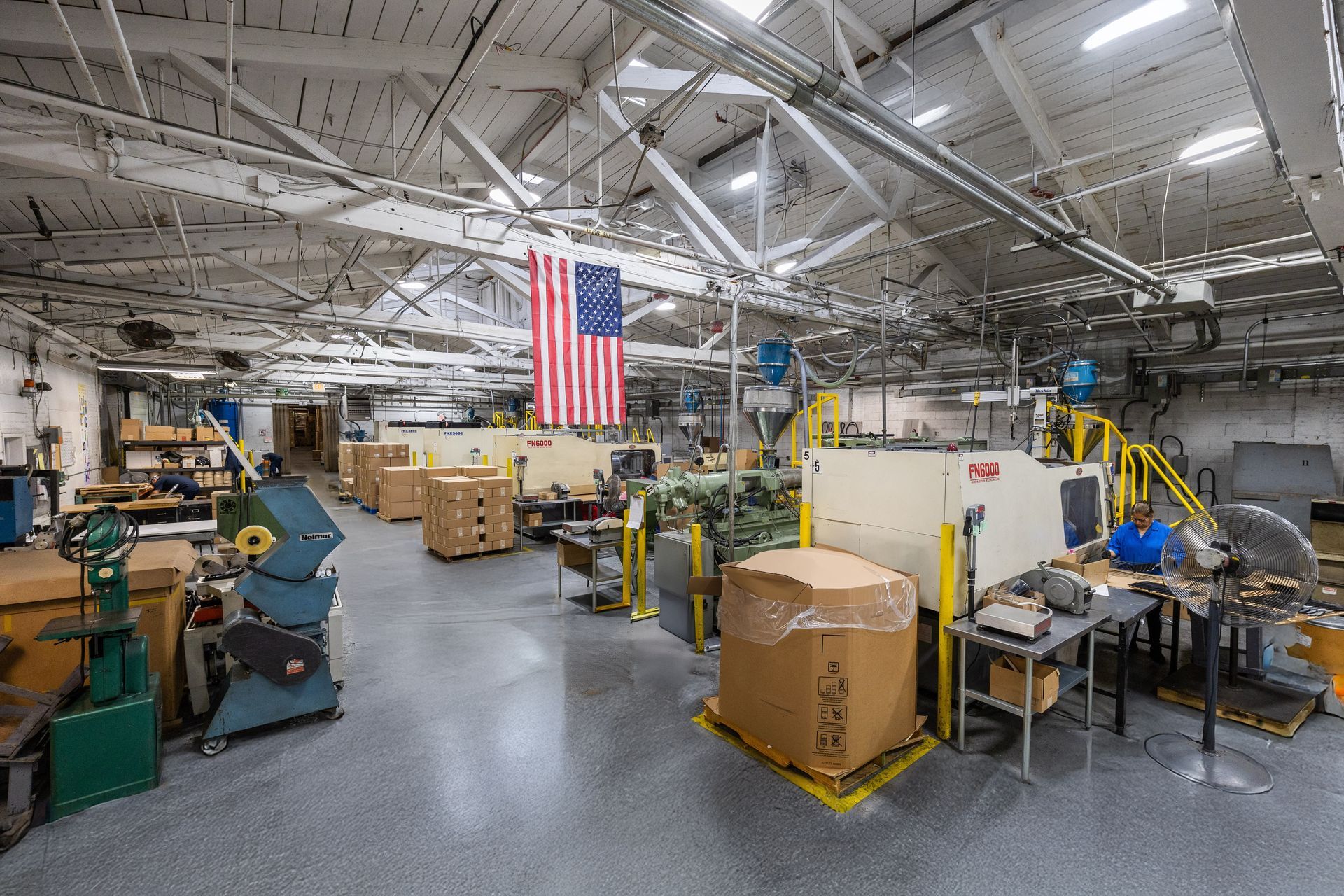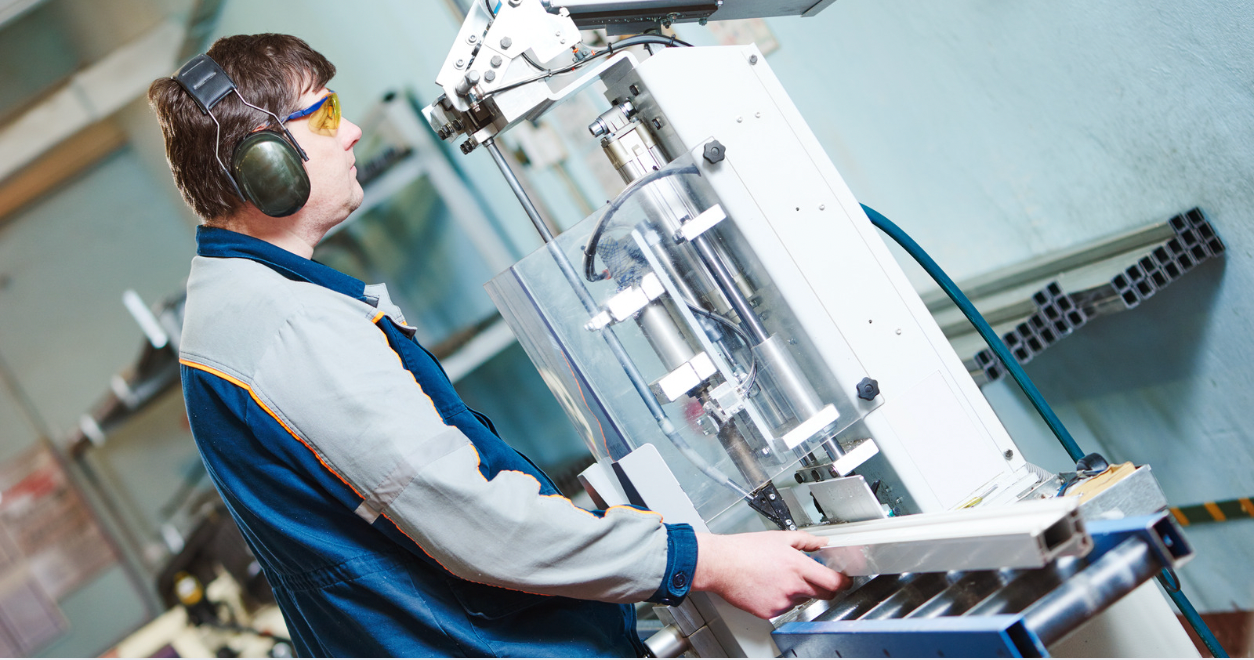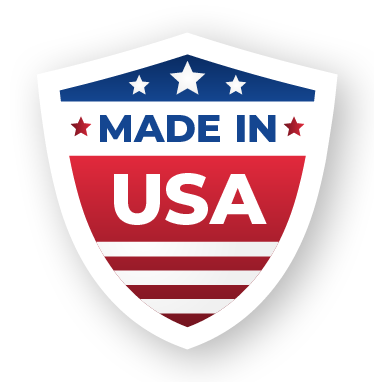3 Surprising Facts About Plastic Components
Since John Wesley Hyatt designed the first injection molding machine in 1872, technological innovations in materials and manufacturing processes have resulted in the explosion of plastic products and components that fill our world today, but there are always some unexpected ways to think about plastic.
1. Plastic Components Can Perform As Well As or Better Than Metal Ones
If you don't know a lot about plastic, it's easy to brush it off as a weaker, poorer substitute for components made of metal, but that misconception is far from the truth. Many plastic components can match or even outperform their metal counterparts.
- Strength & Weight - Naturally more lightweight than metal counterparts, plastic components made with many polymers and composite materials offer equal or better strength-to-weight and strength-to-stiffness ratings. Lighter weight for the same or improved performance can mean reduced fuel consumption for automotive parts, lower transportation costs, and lighter end-product weights.
- Tolerance - While varying among different plastic resins, and environments, plastic components can often be produced with tolerances rivaling those for metal components, often with far less waste.
- Resistance & Durability -
Many plastics resist weathering, corrosion, chemical contact, impacts, and other exposures more effectively and for a longer time than similar metal components.
2. Plastic Components Can Save Lives
Plastic components offer protection in countless ways, including impact resistance and shielding from heat and electricity. Plastics improve many lives as well, protecting water and food from contamination, and being used to make thousands of medical components and products from syringes and hearing aids to ventilator parts and pacemaker insulation.
3. Plastic Components Can Be Made From Corn
While traditional plastic components have been made from petrochemical-based plastics, innovative new ingredients and techniques offer plastic blends based on products as diverse as sugar, corn, potatoes, trees, coffee grounds, and hemp. In fact, tens of thousands of plastic resin formulations are available for component manufacturing.
At Bennett Plastics, we have decades of experience using many types of plastics and techniques to manufacture products and components for countless industries. Our expertise can take you from concept to fulfillment. Contact us today to learn more about our services and capabilities.
Recent Articles











